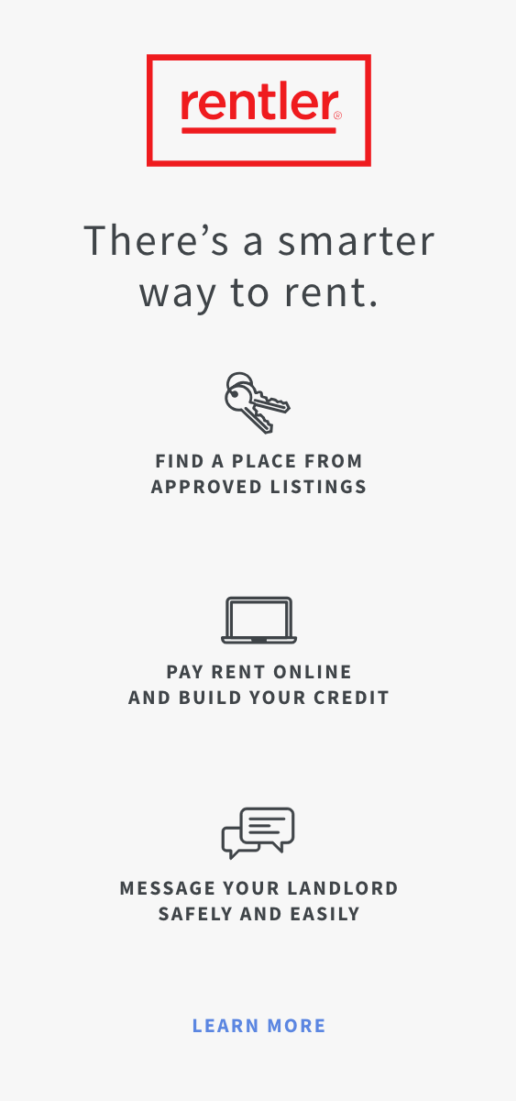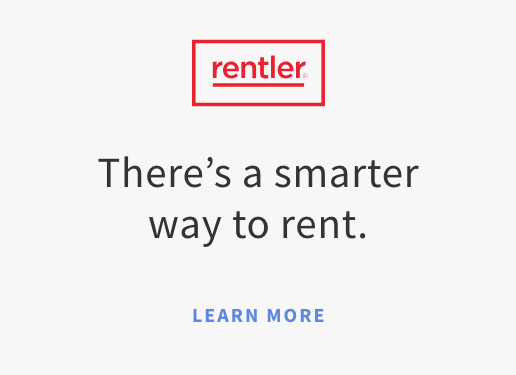After touring apartments and finding one that suits your budget and needs, you need to be quick in starting the application process. After all, Bloomberg reports that the US is witnessing the biggest increase in tenants in history. In fact, the rental occupancy rate just hit 97% in July, and leases are being signed in record time. The Joint Center For Housing Studies points out that home prices are increasing rapidly, rising from a 4% rate in 2020 to 13% just a year later, which explains why so many people are looking to rent spaces instead of buying.
Just as every apartment and its landlord is different, so are the different rental application processes. Some applications can be completed online, while others are still filled as hard copies in traditional offices. Regardless of the method, there are certain documents that the landlord will definitely ask for. The more prepared you are, the smoother your application process will be.
Here’s some of the information you’ll need to prepare for your application, in order to be able to move into your new home as soon as possible.
Applicant Overview
This contains your basic information and what the landlord needs to know when they process your application. You can usually find this form online, or at the leasing office. It will ask for the following:
• Name
• Contact numbers/email address
• Date of birth
• Whether you have pets or not
• Whether you own a vehicle or not
• Whether you smoke
• Whether you will be providing references, and how many
• Financial details
Some forms will also leave you with a space to introduce yourself and to explain why you are interested in renting a new place. It’s important to fill this part out as it provides the landlord insights into what you’re like as a tenant, and improves your credibility, too. And, as pointed out in the article on ‘Tips on Renting a Place for the First Time‘, don’t be afraid to raise questions. More specifically, ask for clarification if there’s any rental jargon that might be on the application form to protect yourself and help you work out better rental agreements that should be put down in writing.
Employment and Income
To prove your income and employment status, there are a few documents that you need to prepare:
• Letter of income verification
• Copies of tax returns
• Copies of bank statements
Financial site AskMoney explains that a letter of income verification proves that you indeed work where you claim to and can validate your salary. Ask your human resources department or your employer if they can provide you with said document. While this won’t always be necessary, it’s fairly common in situations where you’re applying for a loan to rent a home. Tax returns and bank statements are also essential to verify your financial information. These documents are simple ways for landlords to ensure that their tenants will be able to pay rent on time and cover damages or any other fees associated with the rental property. If you’re self-employed, you’ll need to state your financial details in the forms.
Rent or Residence History
This is where you’ll need to list your current and past residences. List the addresses of all of the spaces that you’ve rented. Management might also ask for the contact information of your previous landlords to verify your rental history and demeanor as a tenant. They might ask for other supporting documents as well, such as recommendations from your boss, a previous neighbor, or anyone else who can vouch for your character.
Community education platform Consumer Action notes that you can get a free copy from sources like LexisNexis and RentBureau. They state that you need to request a report early on to make time to correct errors or inaccuracies.
Fees
Finally, as part of the application process, you will probably be charged for the following:
• Renter’s application fee
• Processing fee
• Security deposit
These non-refundable fees will go towards background check and credit check costs, and to determine if you have any criminal records. Application and screening fees can range from $35 to $75 per person. The security deposit usually comes after the application, but it can be quite expensive, sometimes in the realm of a month’s rent or maybe even two.
Although this list isn’t a one size fits all guide, it includes the most common requirements that you may encounter when you apply for a lease.
So what are the key takeaways?
You need to be diligent and reliable from the get-go. These qualities will ensure that you make a great first impression on your potential landlord, and will get your foot in the door, hopefully resulting in you being able to move into your dream apartment or home.
Home Articles for Tenants




